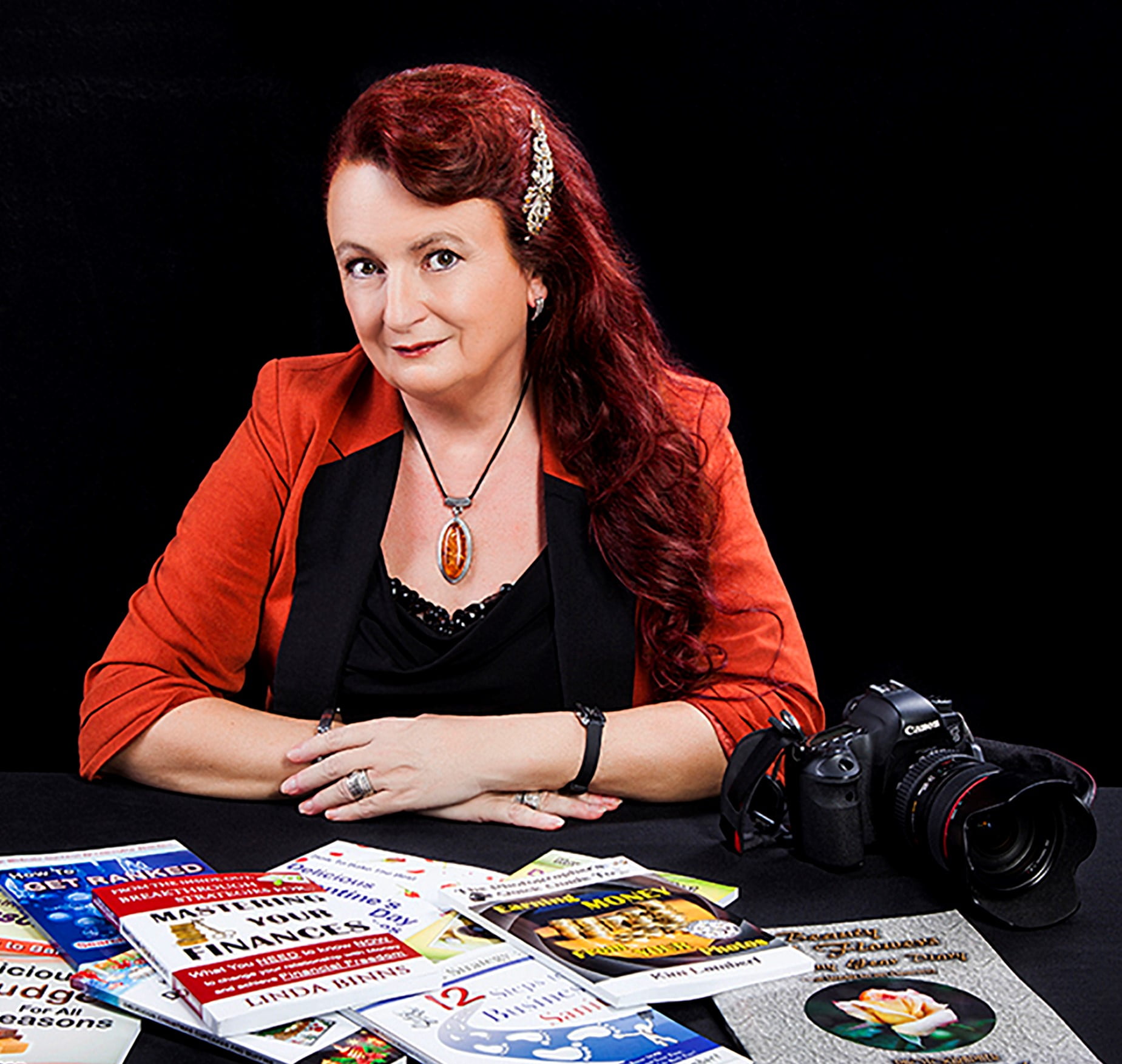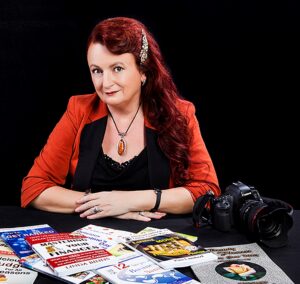Kim Lambert offers inspiration from New Zealand
If you're an indie author, one way of boosting your income is to diversify, using your writing skills not only in your comfort zone, but in other areas in which you have special knowledge or skills to share.
From New Zealand, indie author, publisher and trainer Kim Lambert helps you identify the best topics for you to tackle and offers practical tips on how to turn them into book ideas.
If you are in business, you almost certainly create written material all of the time – be that emails, FAQs, work instructions, website content, blog posts, white papers or course material. Equally almost certain is the fact that you have probably never considered using that material any other way. So – take a step back, and have a close look at it, from a different perspective.
As an individual, you may have written down stories of things that have happened in your life, you may have written poetry, or notes about places that you have been when travelling, you may even have kept a journal.
Every so often, revisit that material which you have previously written (regardless of what it was written for at the time), but have not published, or have only made available as bits and pieces, or within a very limited context (like a small workshop).
Look at it with new eyes and ask yourself these questions:
- How many words of content do I have here?
- Is it all on one theme or is it easily separated into a number of categories?
- How strongly does it relate to the most common problems that I solve for my customers, or that I talk to people about?
- Does it hold the seed of a good fiction story or a nonfiction ‘teaching style’ book?
- Do I immediately see that I can, from where I am now, add new information to it, enhance it in some way?
We learn all the time, and rereading older material is generally a surprise, as we see how much more we know now.
You will almost certainly be amazed at how much you have, and at how much you can add to it easily.
Now consider it as an outline for a series of books :
- What would the series title be?
- What would each book focus on?
- How can you adapt that to best support your current aims, as a business person building authority, or as an author building a following of readers?
Write down your answers to these, and write some notes, then create a plan of action.
It’s a lot quicker to release a series of books when you already have most of the content, just hiding there in “all of that old stuff”!
Being the author of a book gets you respected; being the author of a series takes that to a whole new level.
So – dust off all of that content you have just discovered you already have, and get creating – it will be faster than you ever imagined!
OVER TO YOU If you've succeeded in turning your work or life experience into a book, we'd love to hear about it – and feel free to share your top tips on how to do it.
How to turn your job into a book - by @DreamstoneBooks #ww Share on X






Great advice. Thank you. We often forget what a great wealth of knowledge or experience we have as both writers and people. I’m off to follow your helpful advice